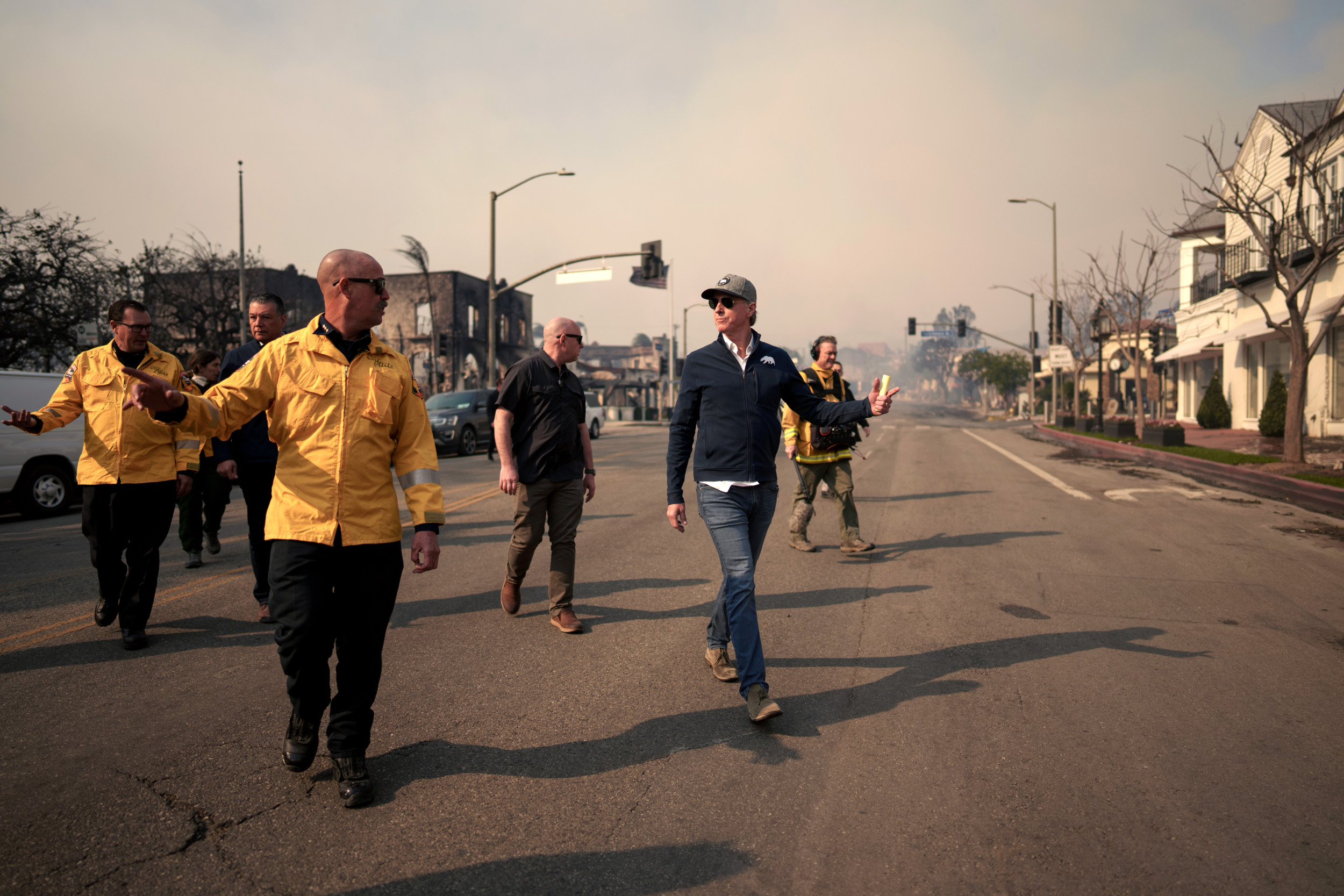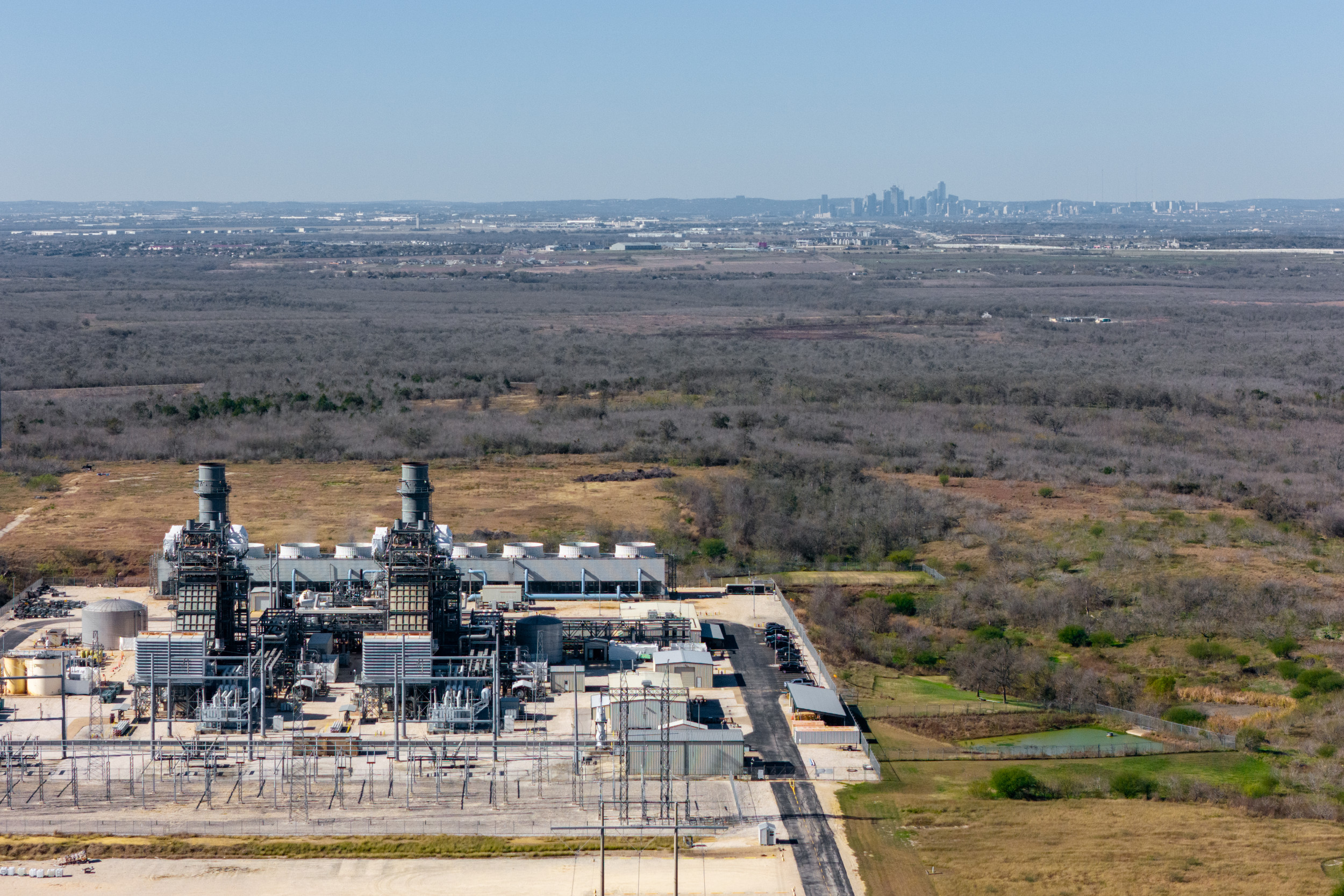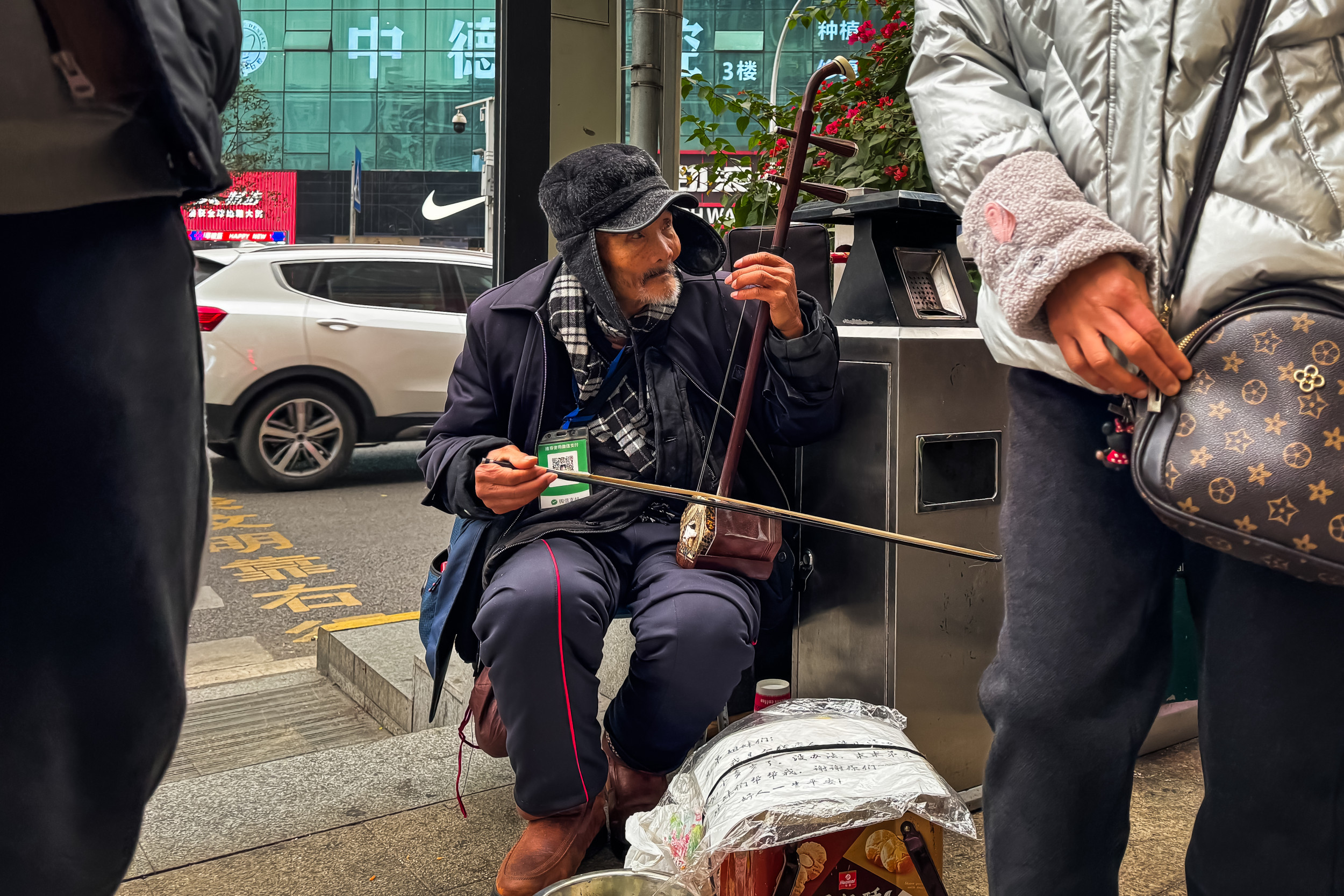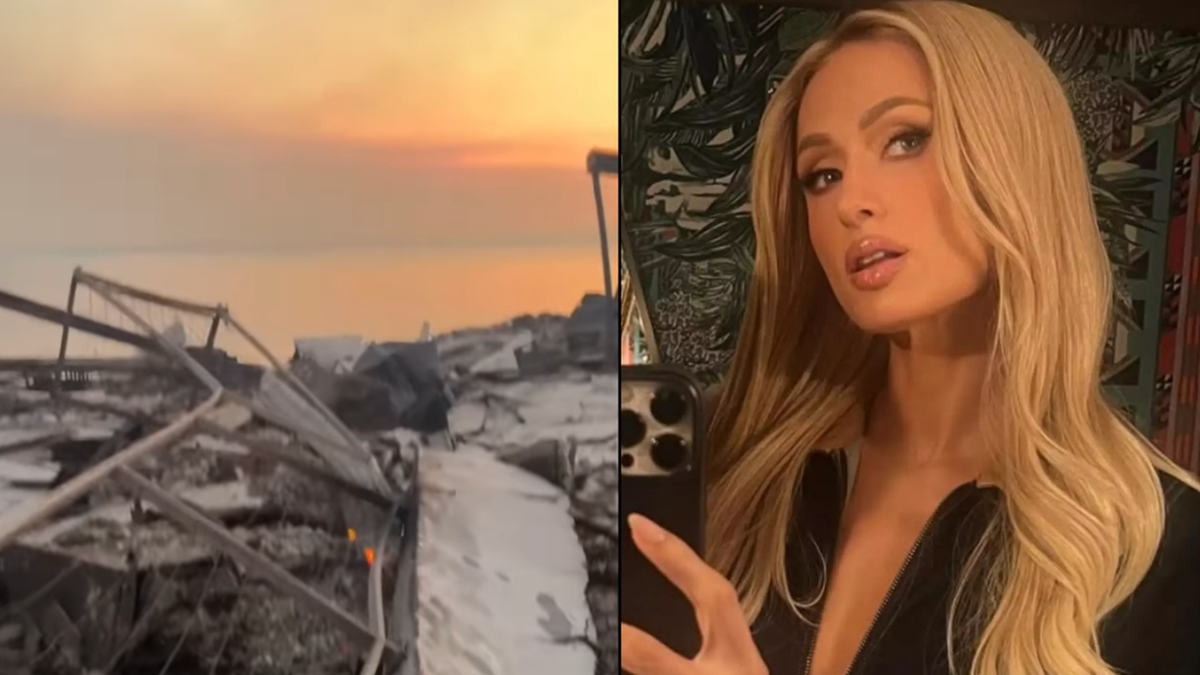King Charles III's top aide diverted "very expert" palace aides to help Meghan Markle but "the Duchess wouldn't trust them," according to a staffer quoted in a royal book.
Prince Harry accused the royals of "total silence or total neglect" in response to his pleas for help dealing with media coverage of his wife Meghan in the years before they quit the monarchy in January 2020. However, royal aides told biographer Robert Hardman that was not the whole story as Charles' most senior adviser, Sir Clive Alderton, had been clear of the need to do the right thing for Harry.

In a rereleased edition of his book The Making of a King: King Charles III and the Modern Monarchy, published in America by Pegasus, Hardman quotes a royal staffer "from those days."
"It was Clive [now Sir Clive Alderton, private secretary to the King] who said that if we could get this right for Harry, we'd be creating a blueprint for future younger sons for generations," the palace official said, in an extract serialized in the U.K. newspaper Daily Mail. "And Clive said, 'These two need more staff.'
"And we seconded people from Clarence House, very expert people, to help them, but the Duchess wouldn't trust them," the palace official added.
"Those two were offered considerable resource, and then later said that they had been offered no help. And that was completely wrong."
The account was presented by Hardman as a clapback to Harry's book Spare, which he suggested had been "witheringly critical" of the king's staff.
The prince's memoir described one palace aide, widely reported to be Alderton, as "the wasp" and said: "Because he seemed so weedy, so self-effacing, you might be tempted to push back, insist on your point, and that was when he'd put you on his list.
"A short time later, without warning, he'd give you such a stab with his outsized stinger that you'd cry out in confusion," the extract in Spare added.
Hardman wrote: "Among the King's team were those for whom previous dealings with the Duke of Sussex had been a reminder of the old adage that no good deed goes unpunished. Prince Harry had been witheringly critical of his father's staff in his memoir.
"Yet some of those very same officials had tried to give both the Duke and Duchess extra support during their brief royal existence," Hardman added.
The difference in perspective between Harry and the palace may stem in part from the fact the prince was requesting a very specific type of help, in that he wanted the king to publicly defend Meghan from the media.
One section describing Meghan's experience with photographers early in their relationship read: "The next day, the pap photos appeared, and there was a new flood of stories, a new surge along the many channels of social media.
"Racism, misogyny, criminal stupidity—it all increased. Not knowing where else to turn, I phoned Pa," the section read.
"'Don't read it, darling boy.' 'It's not that simple,' I said angrily. 'I might lose this woman. She might either decide I'm not worth the bother, or the press might so poison the public that some idiot might do something bad, harm her in some way.'"
In a later passage, Harry said he told his father: "Why have I got to beg you, Pa? Why is this not already a priority for you? Why is this not causing you anguish, keeping you up at night, that the press are treating Meg like this? You adore her, you told me so yourself.
"You bonded over your shared love of music, you think she's funny and witty, and impeccably mannered, you told me—so why, Pa? Why?"
"I couldn't get a straight answer," Harry wrote. "The conversation went in circles and when we hung up I felt—abandoned."
Jack Royston is Newsweek's chief royal correspondent based in London. You can find him on X, formerly Twitter, at @jack_royston and read his stories on Newsweek's The Royals Facebook page.
Do you have a question about King Charles III, William and Kate, Meghan and Harry, or their family that you would like our experienced royal correspondents to answer? Email royals@newsweek.com. We'd love to hear from you.




















 English (US) ·
English (US) ·